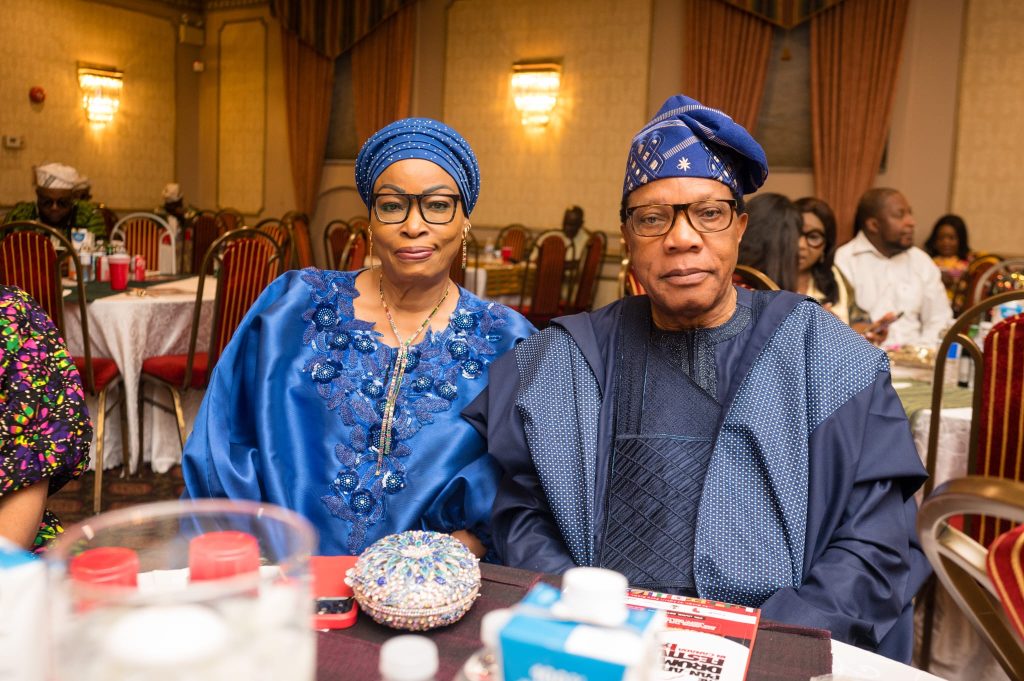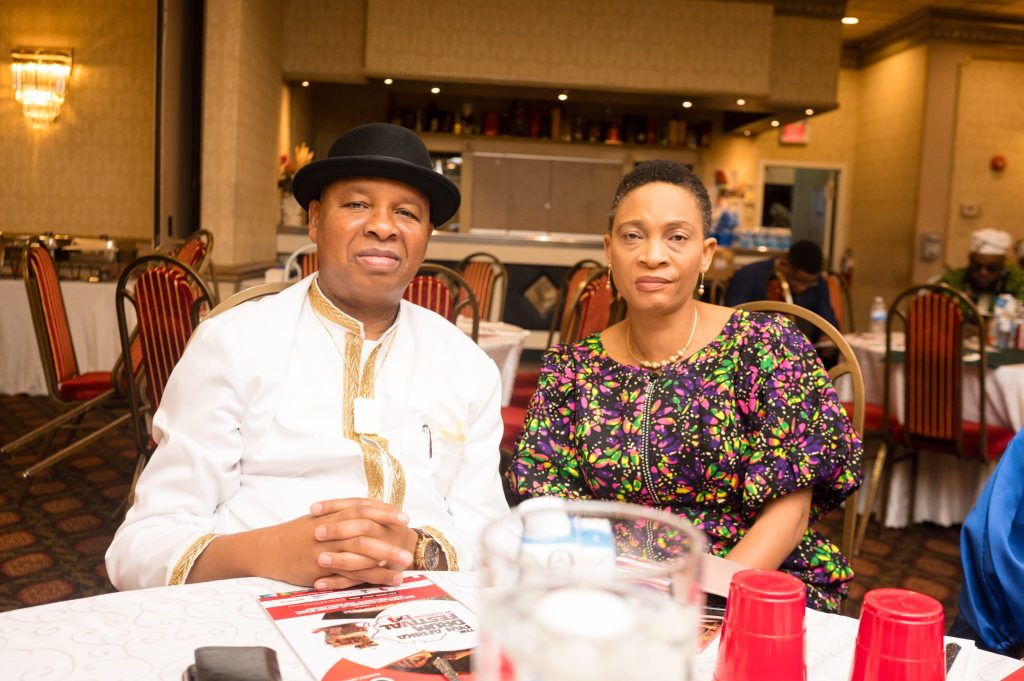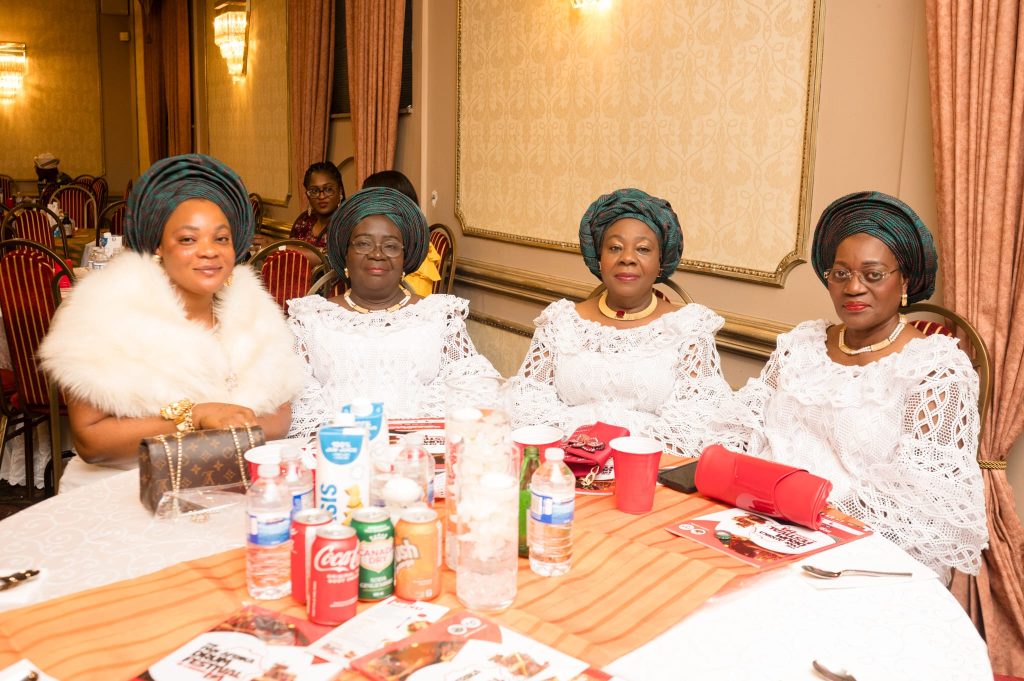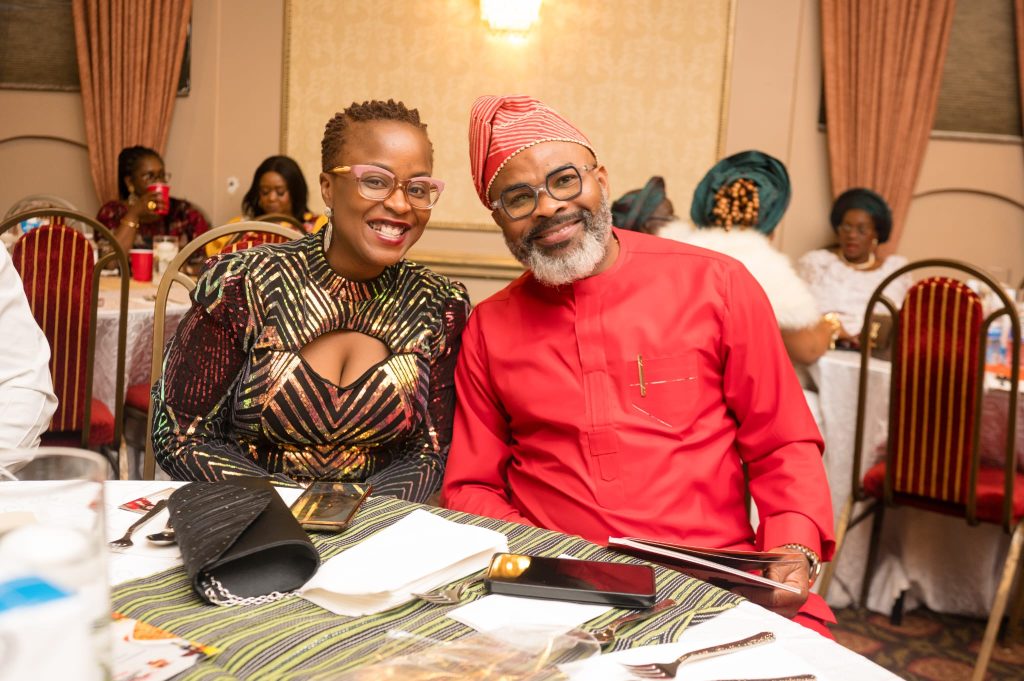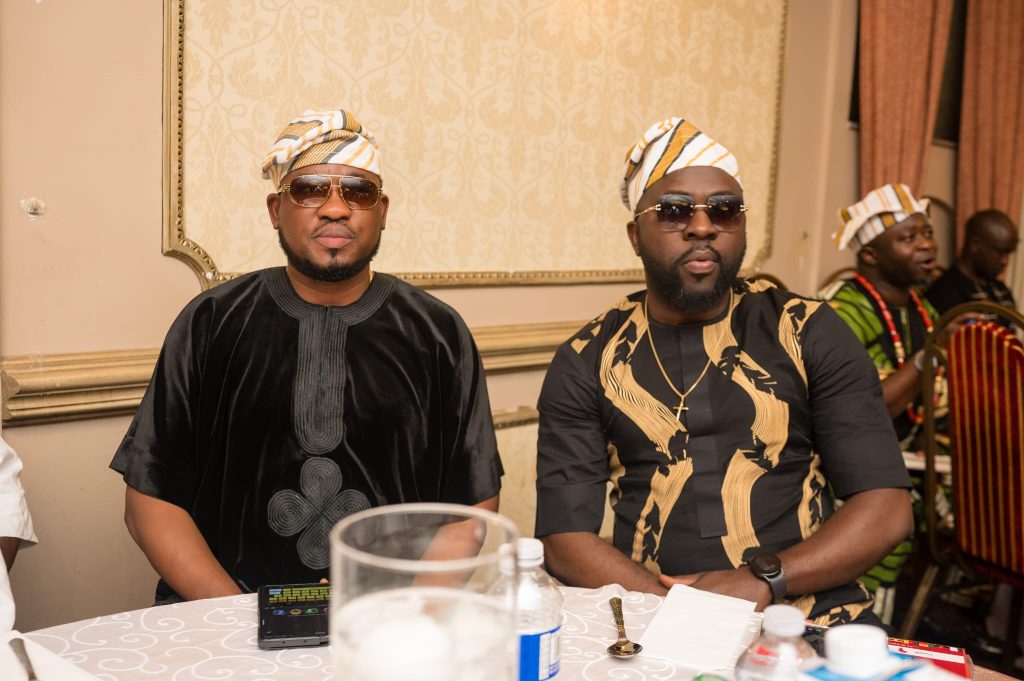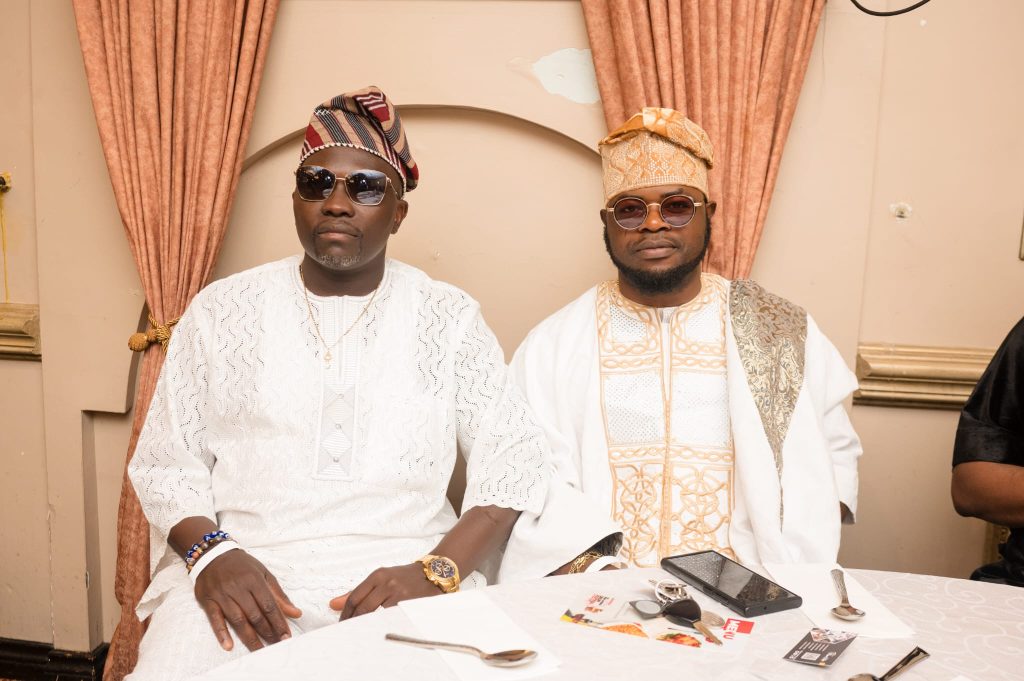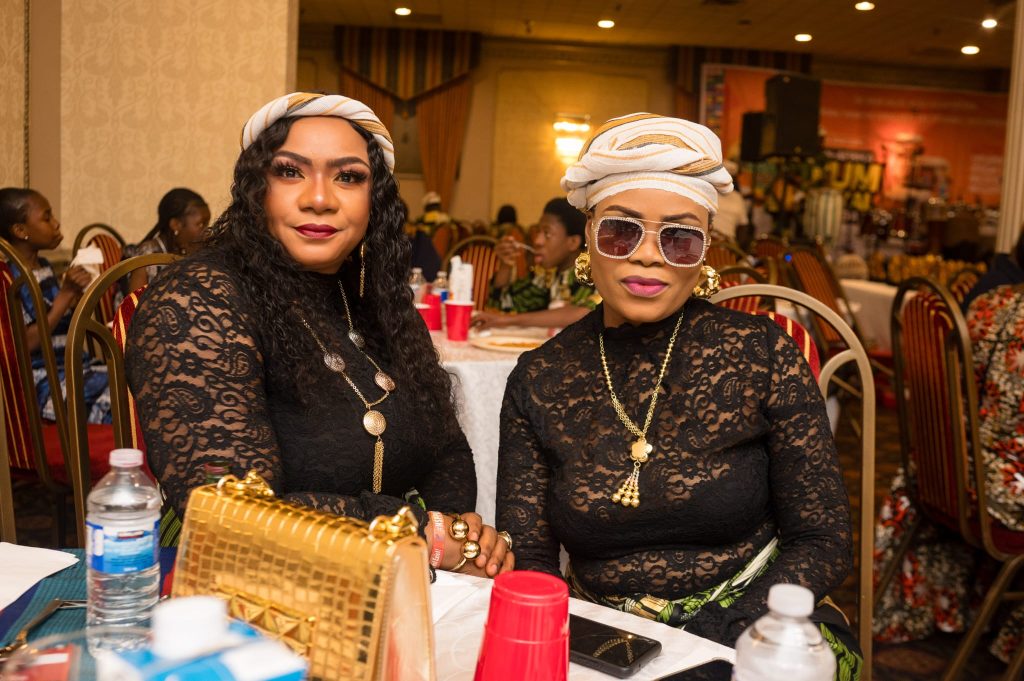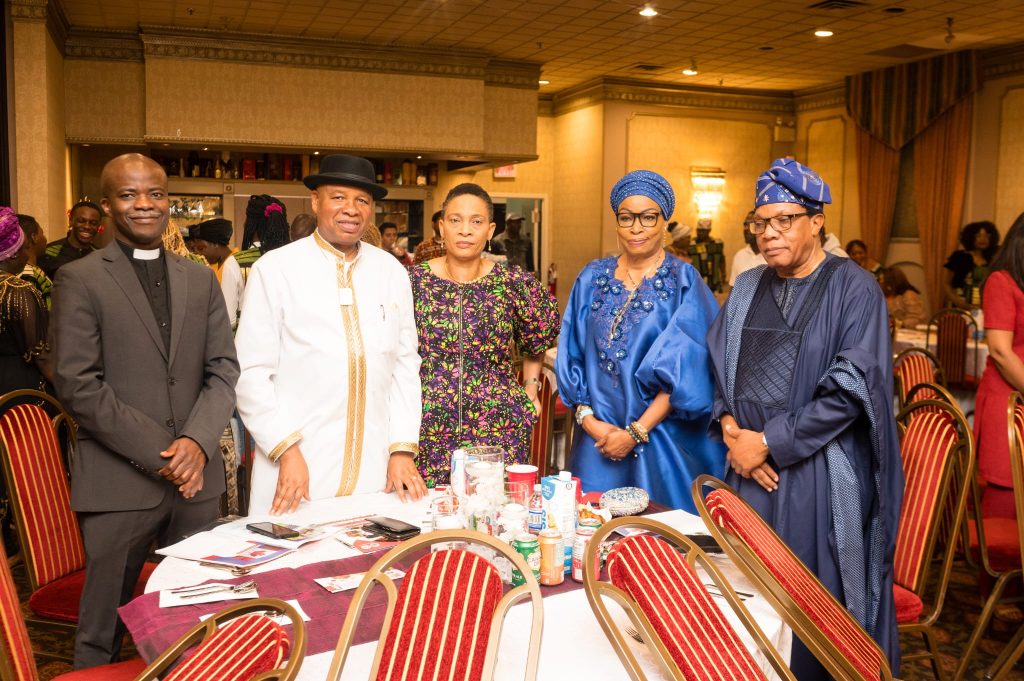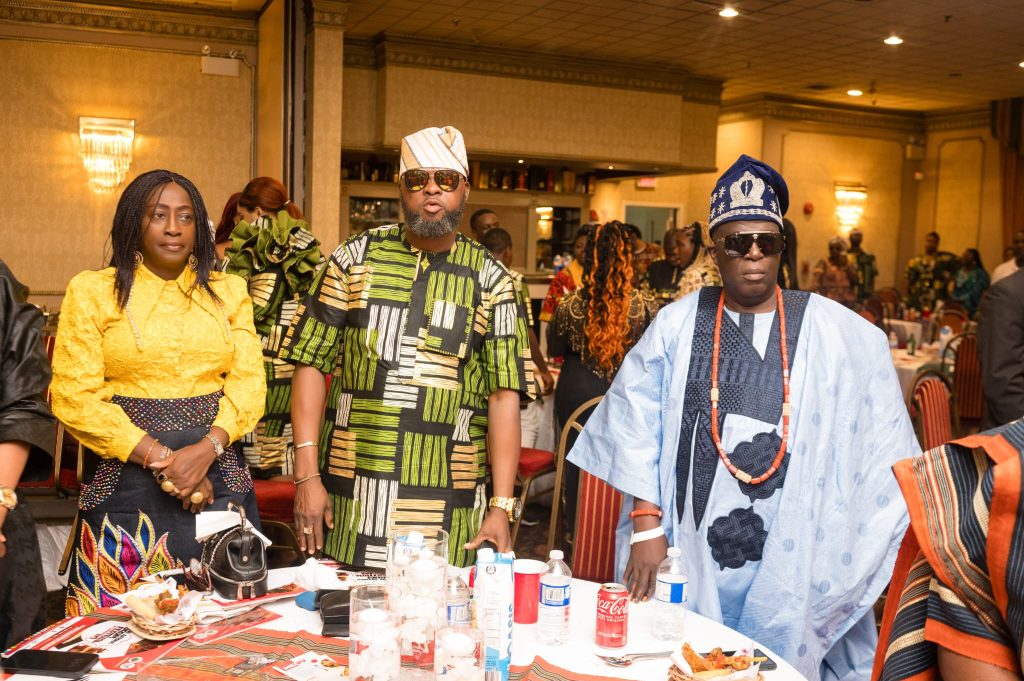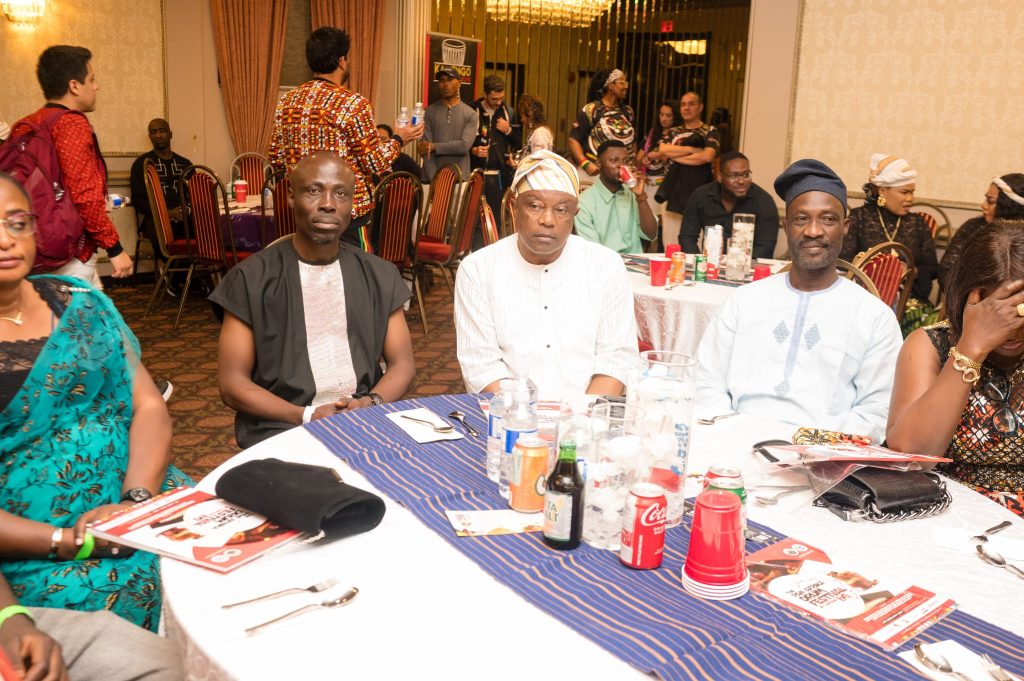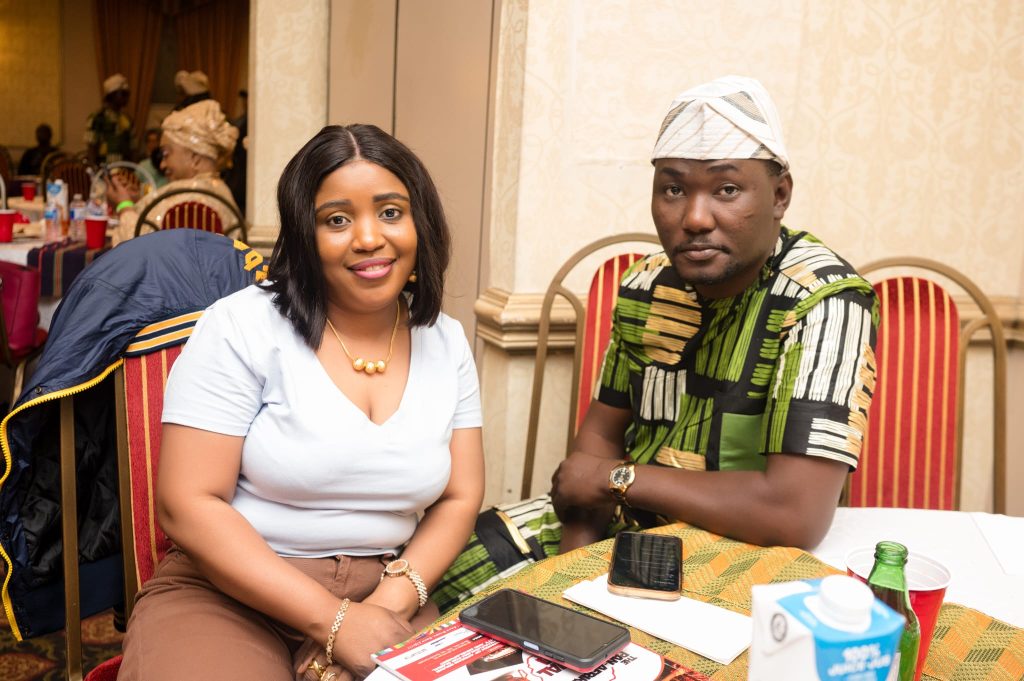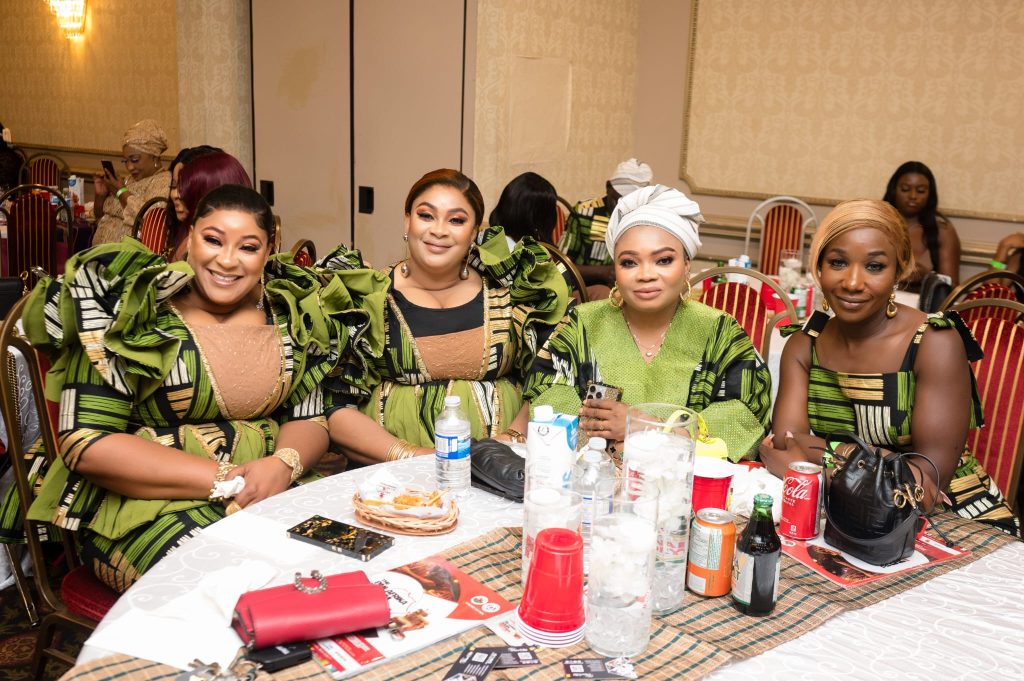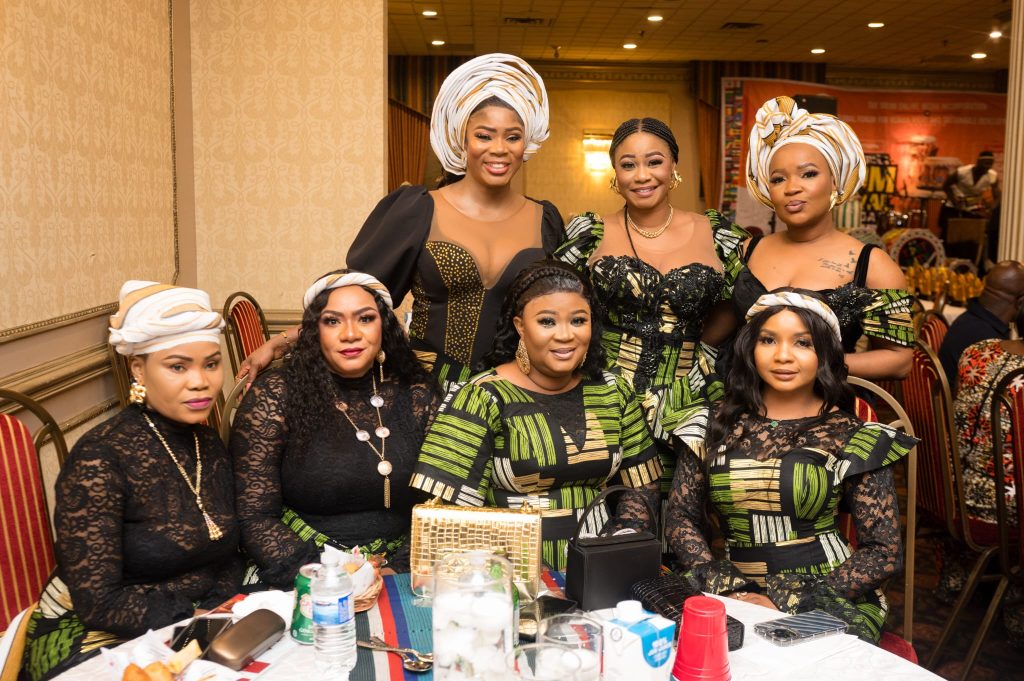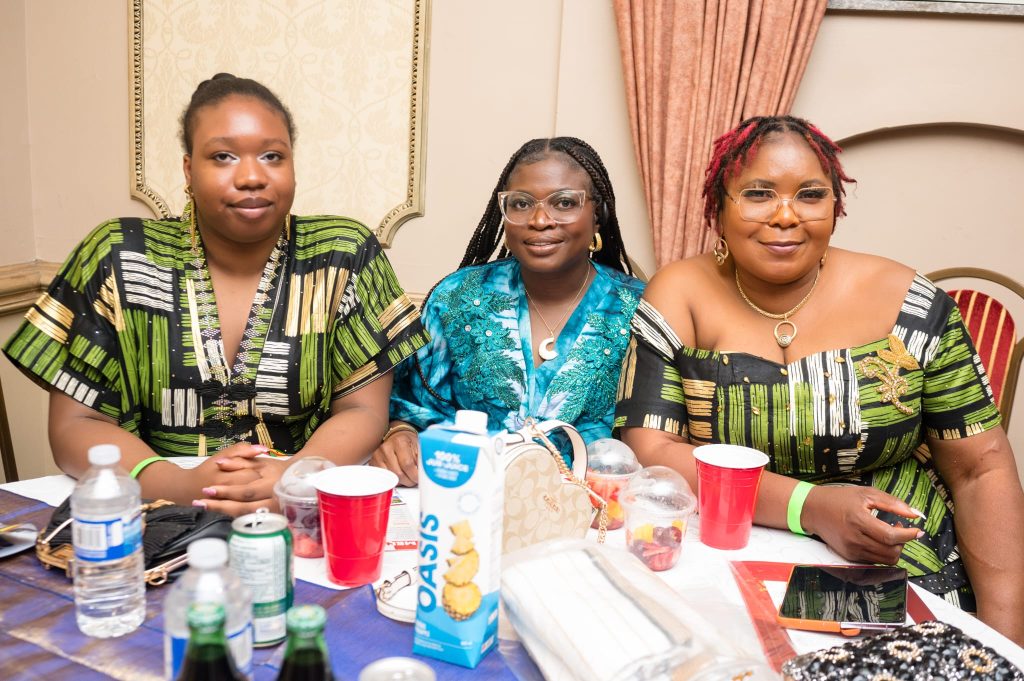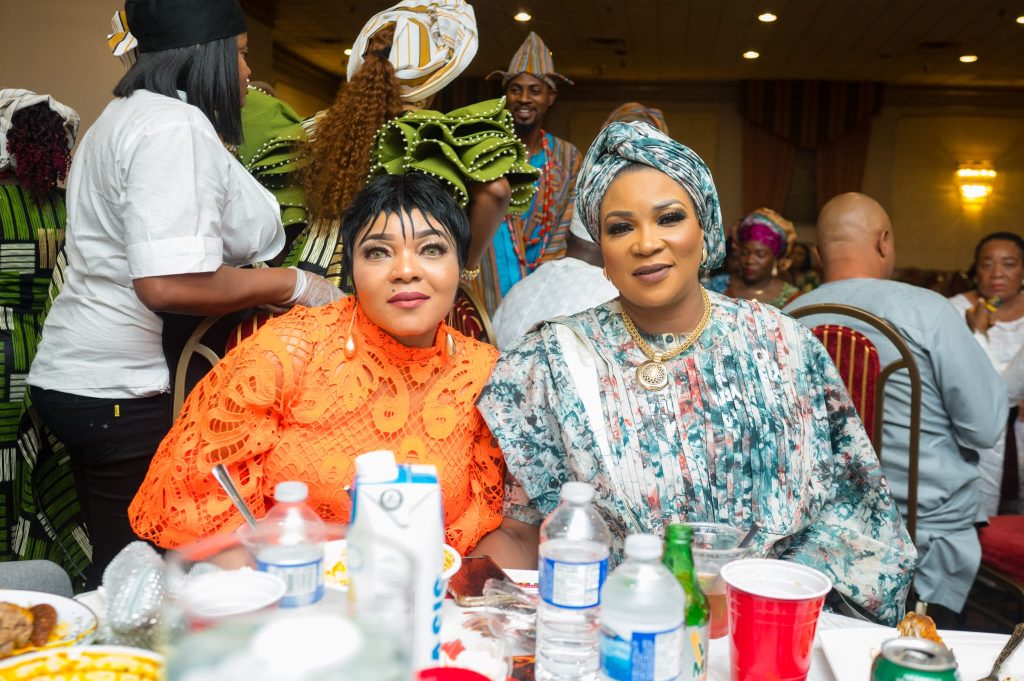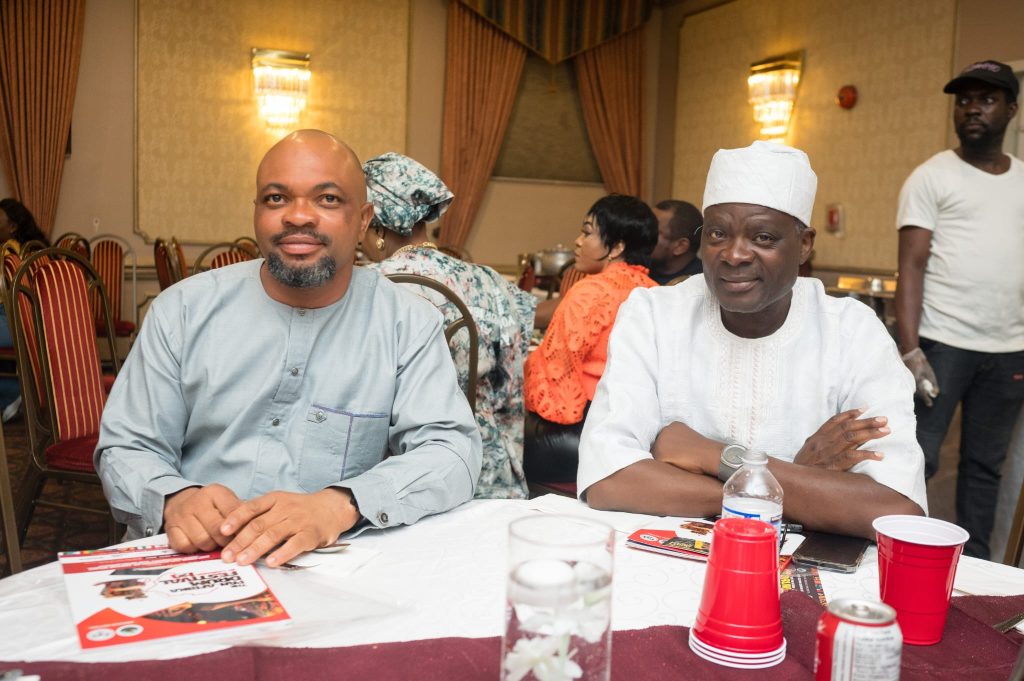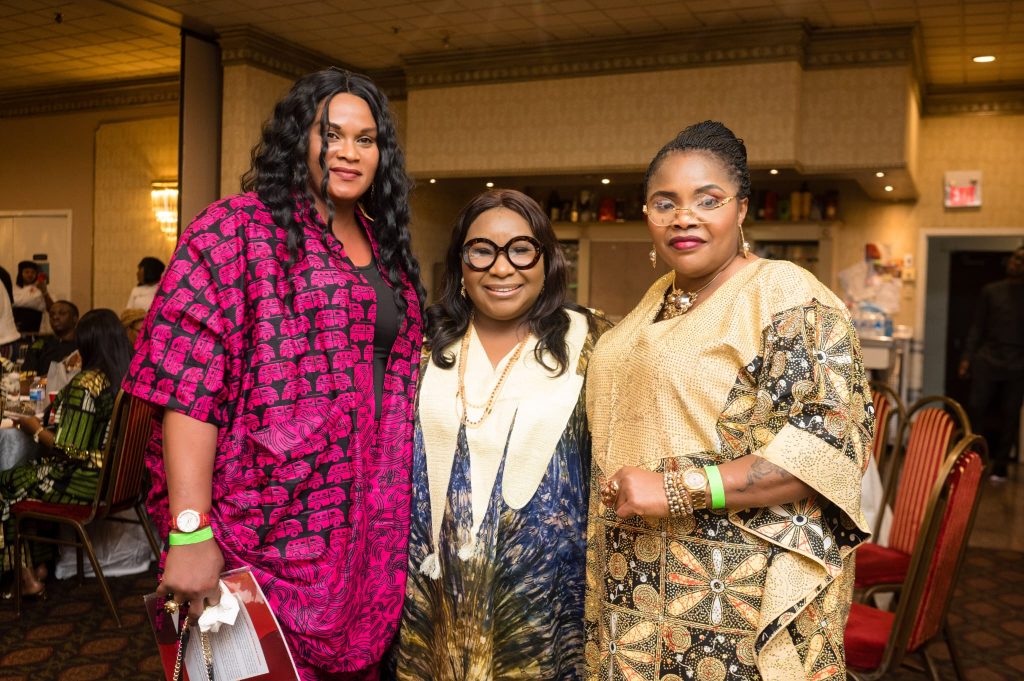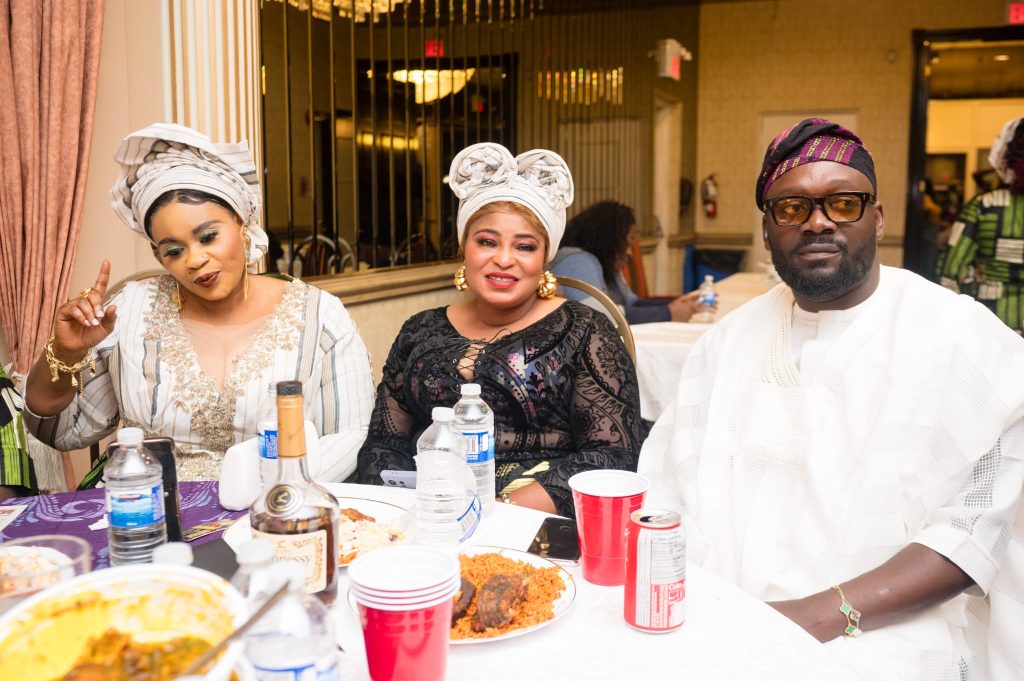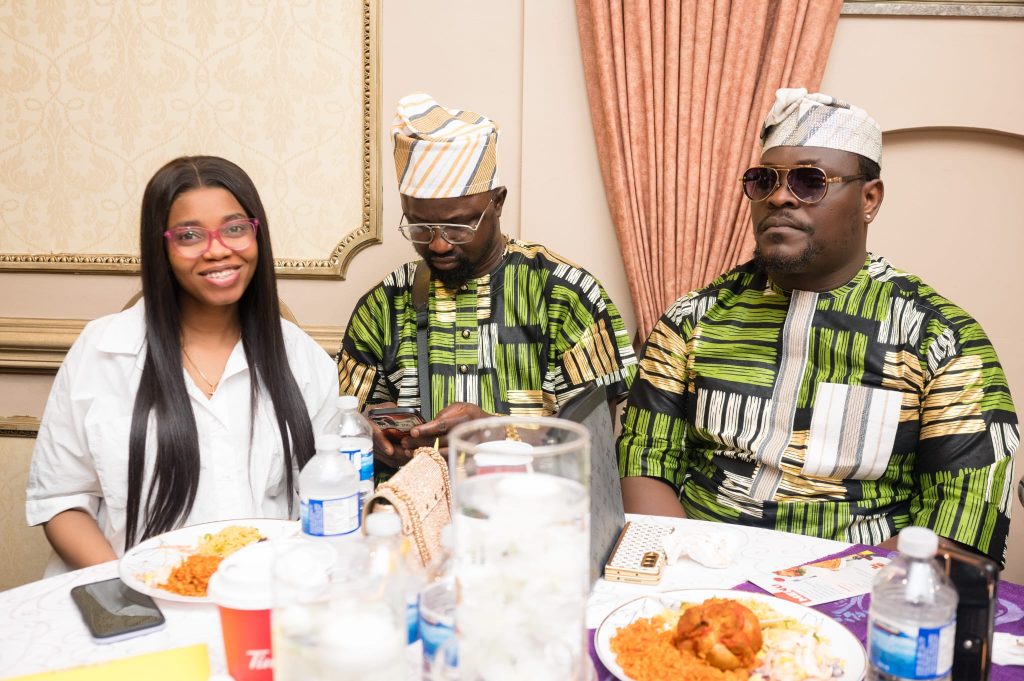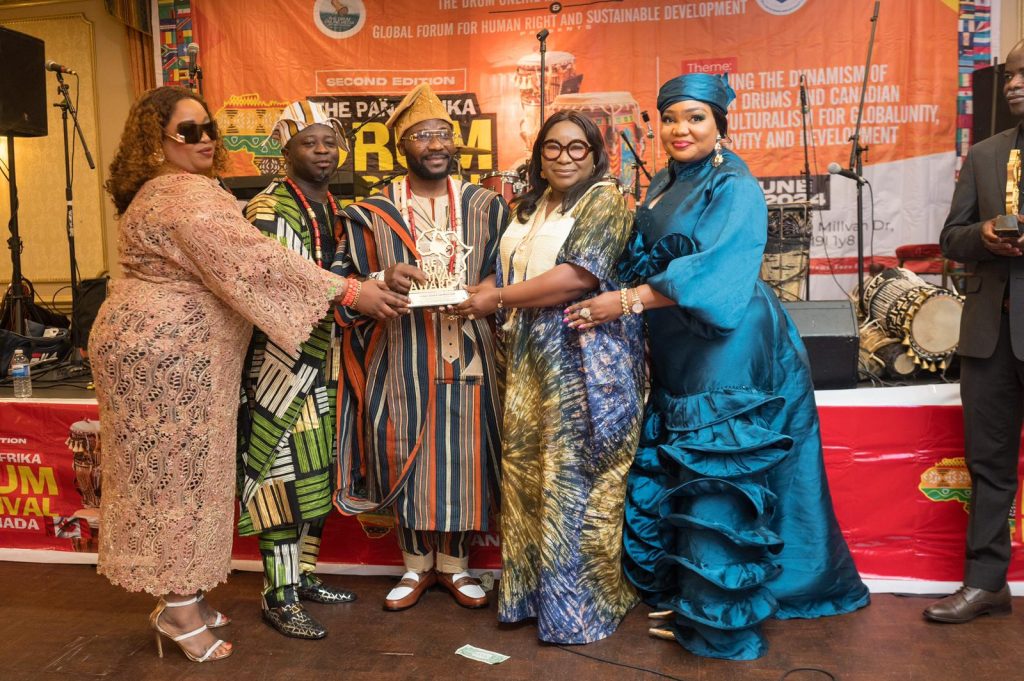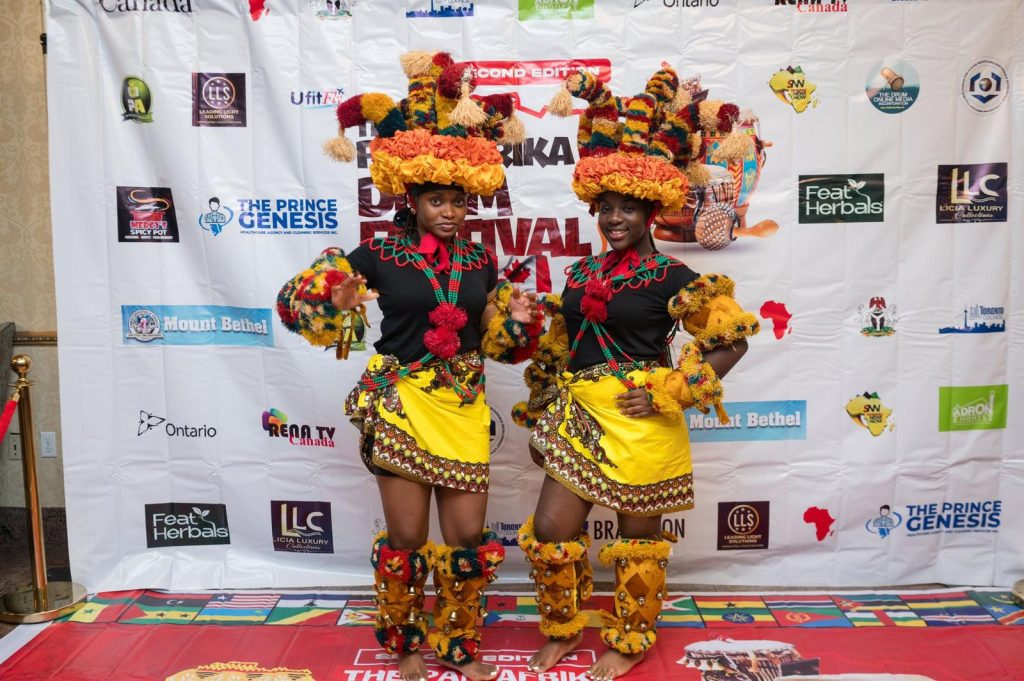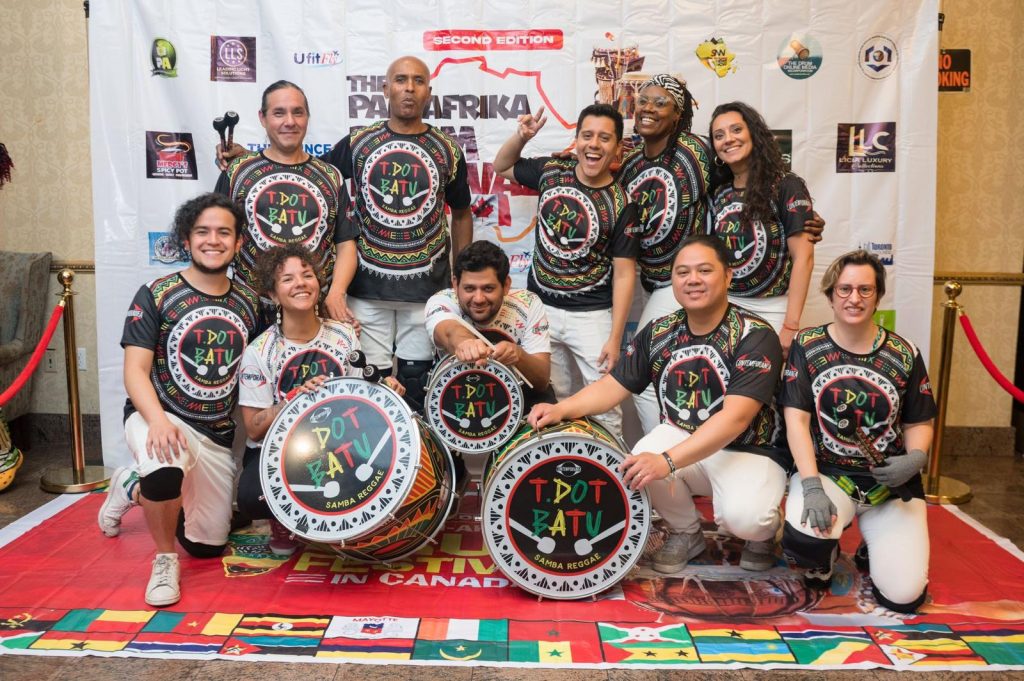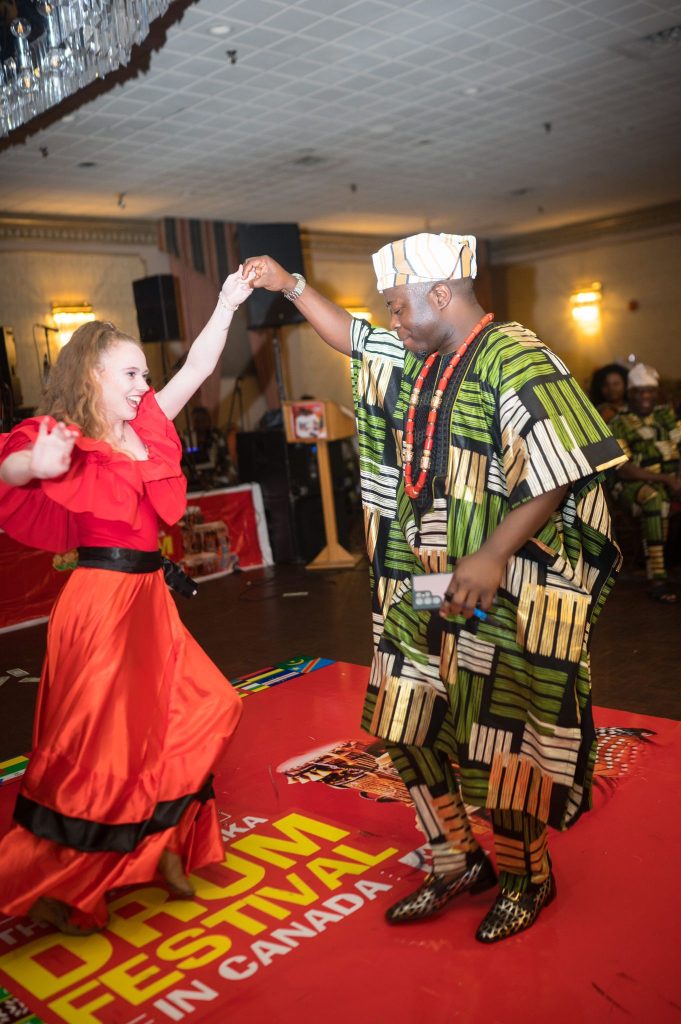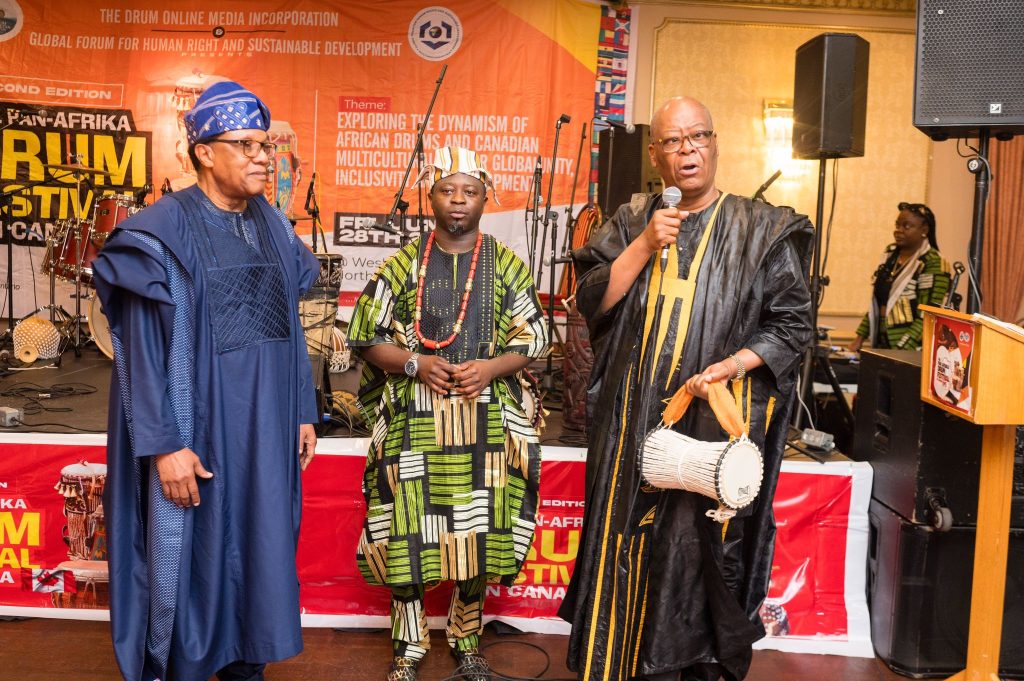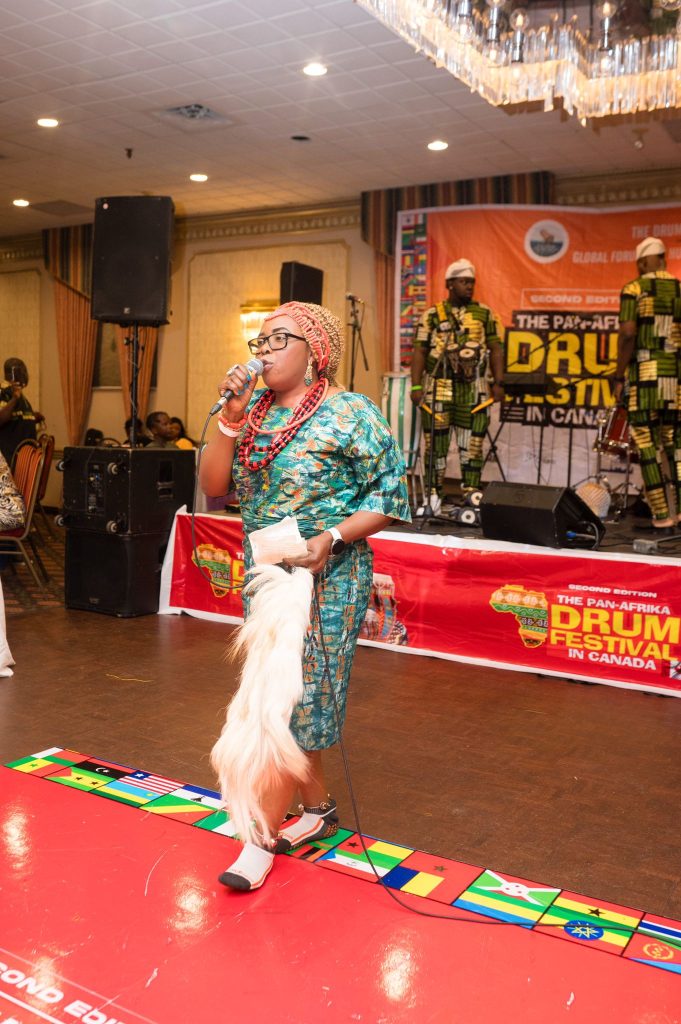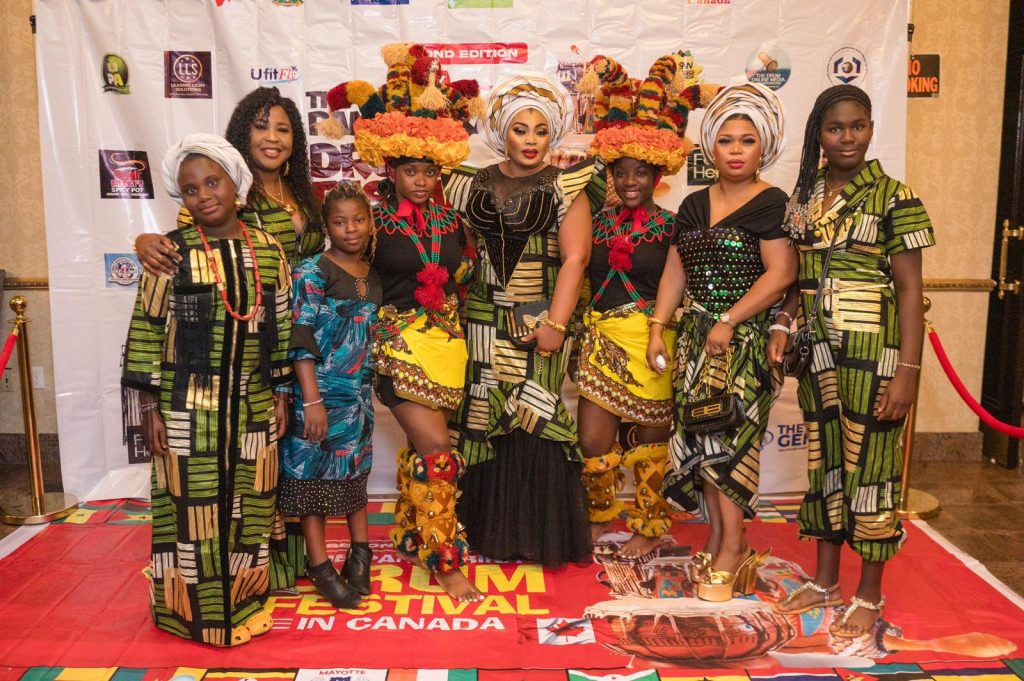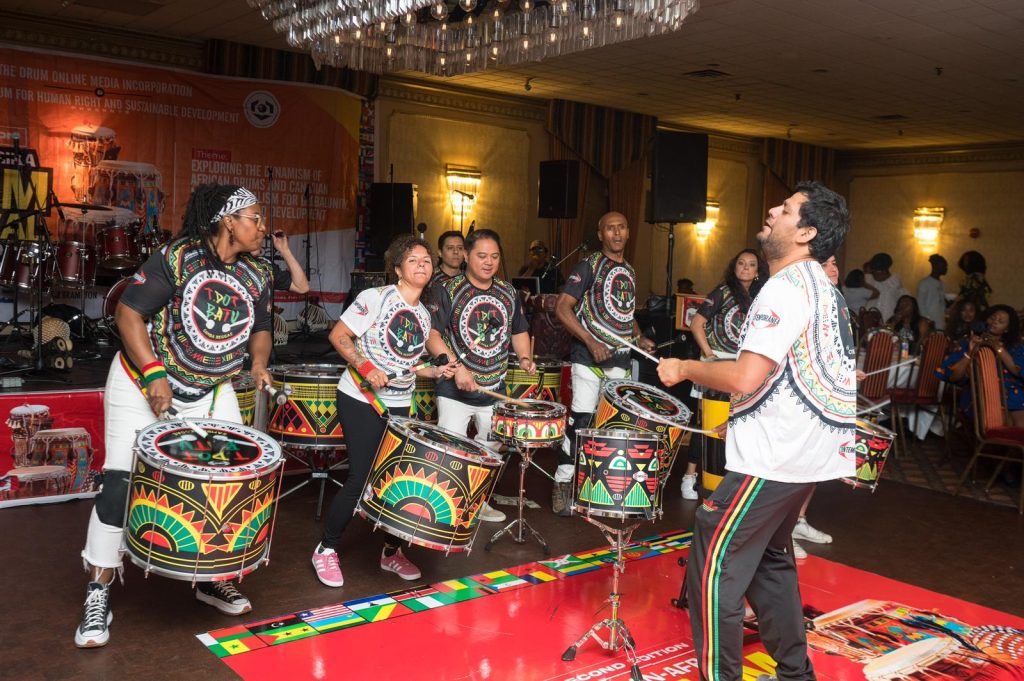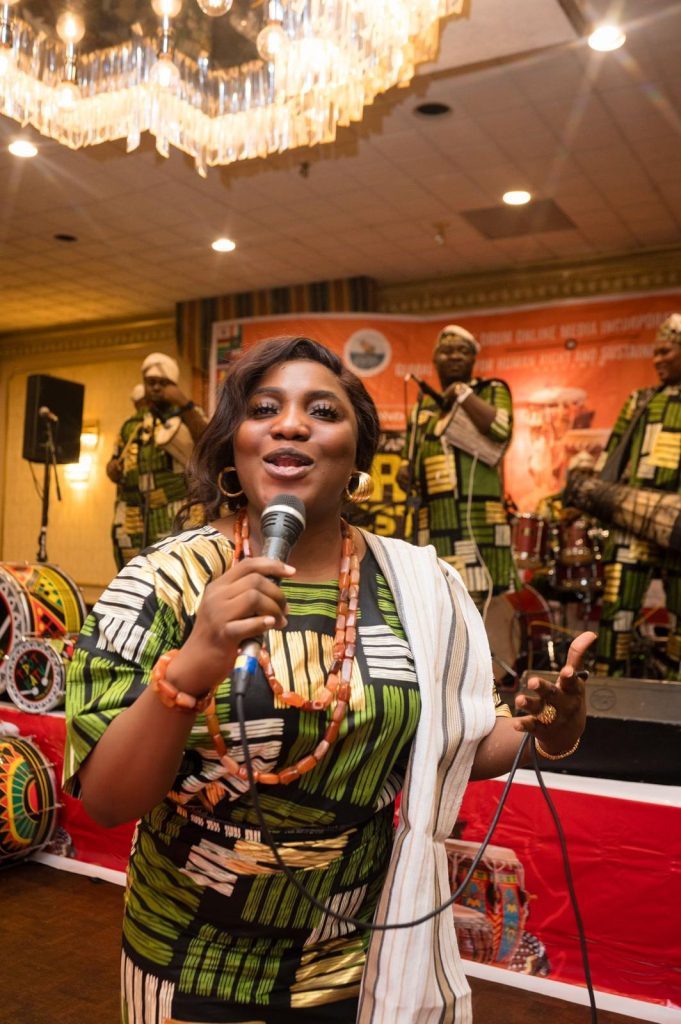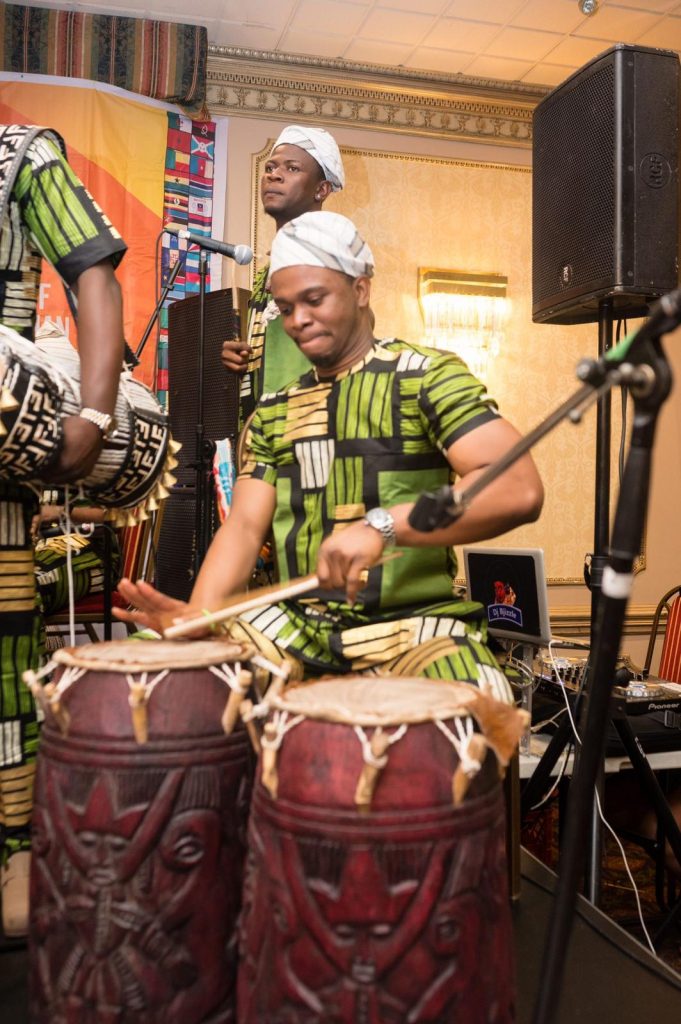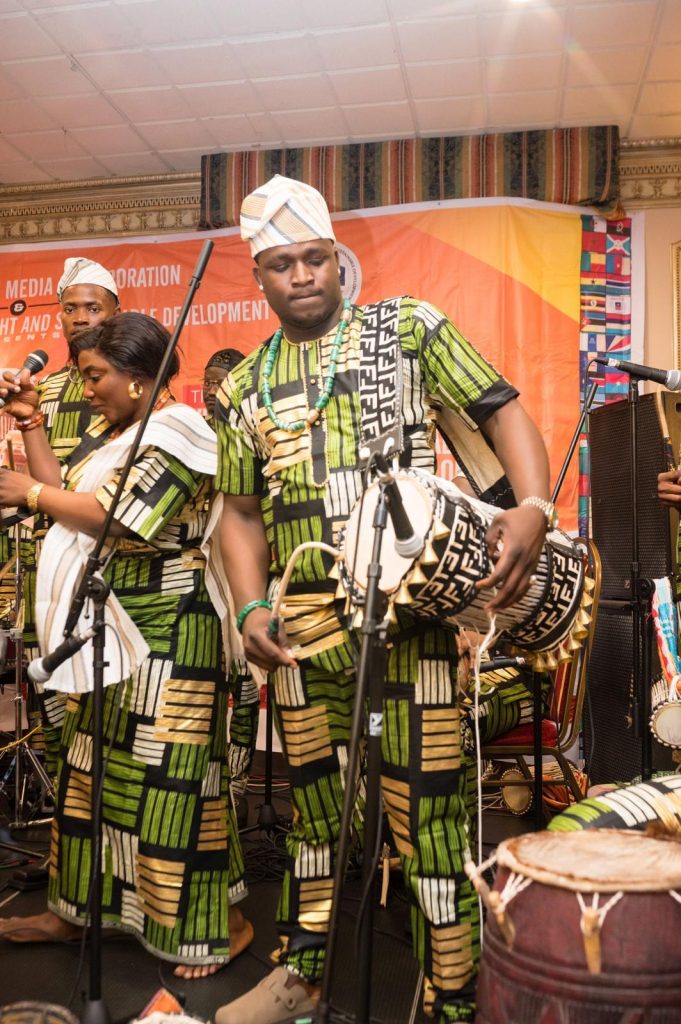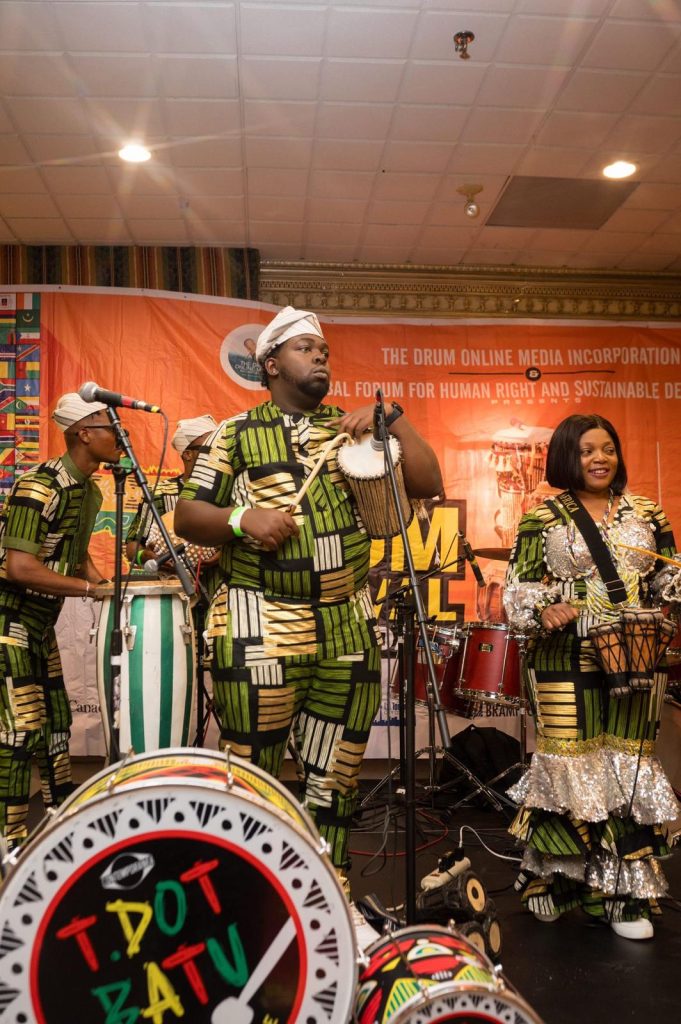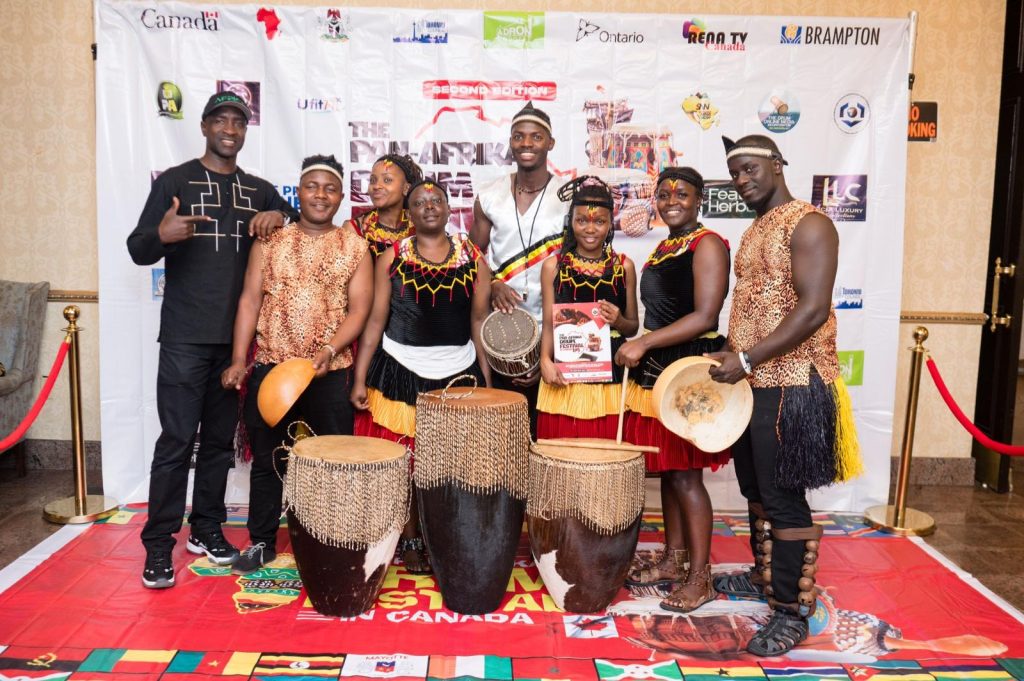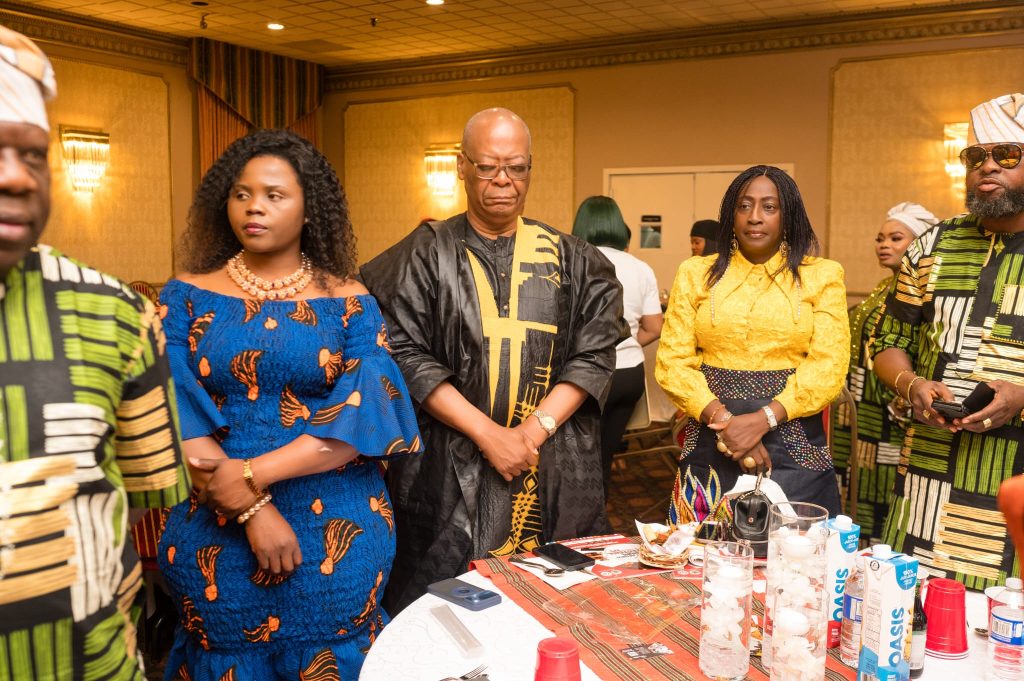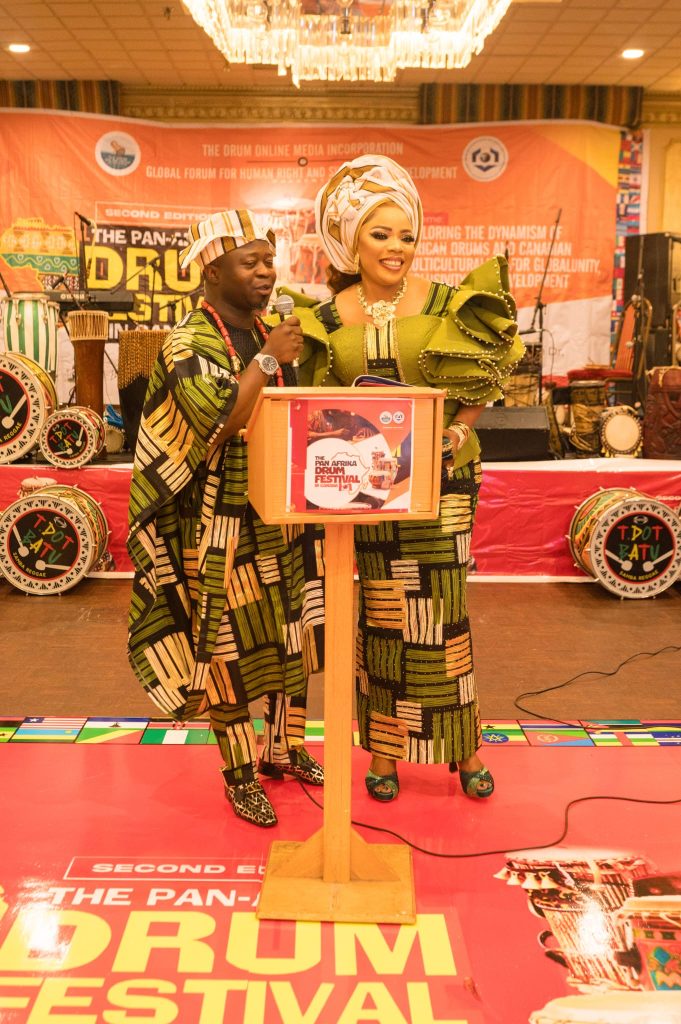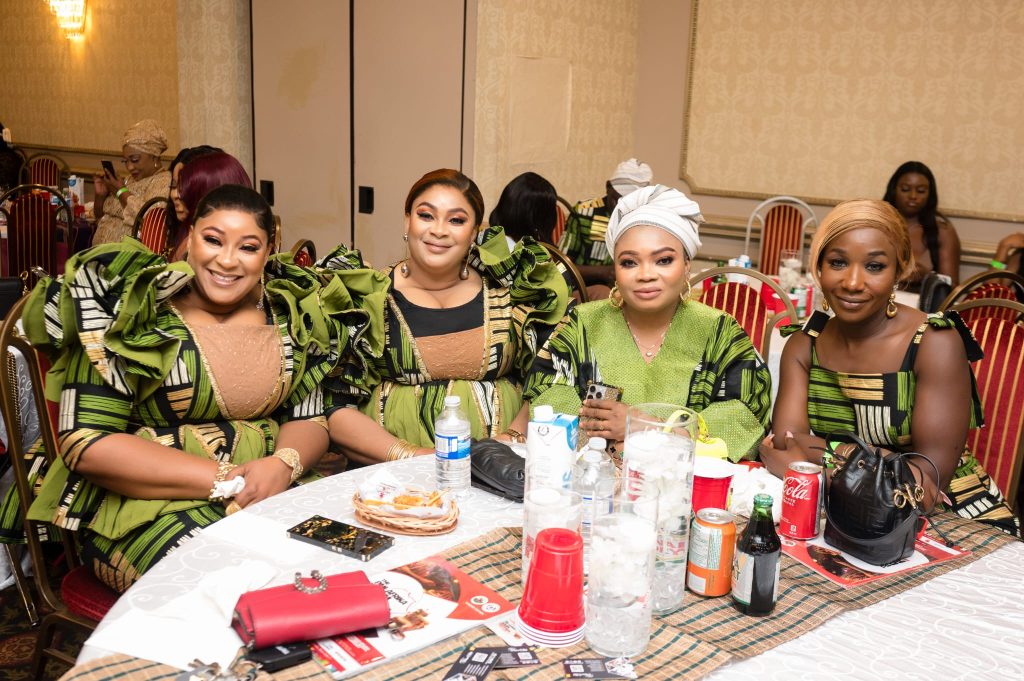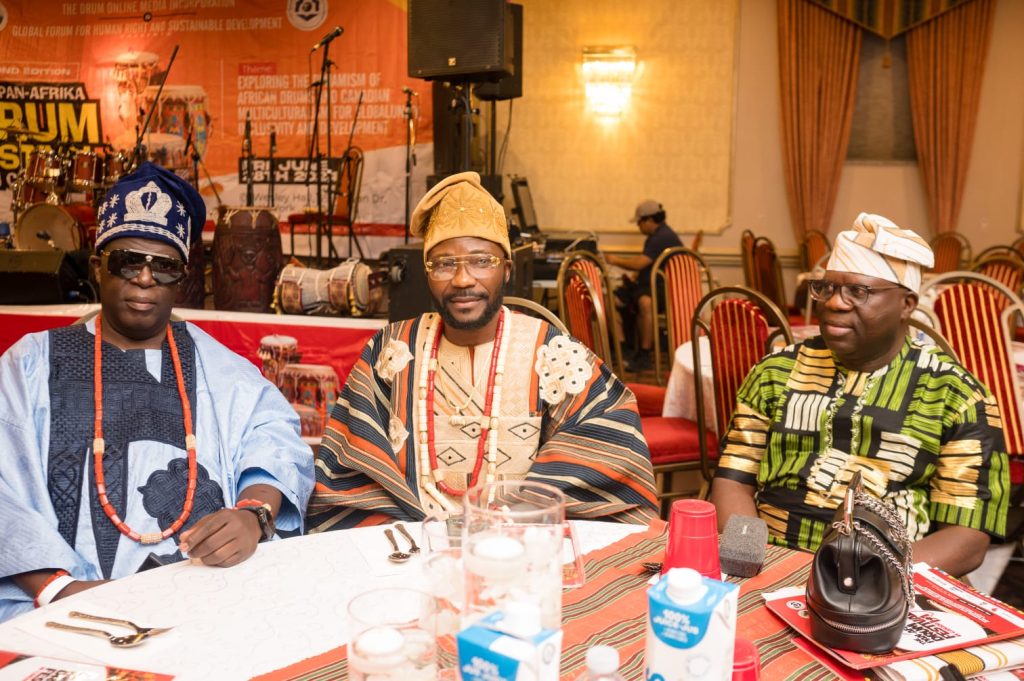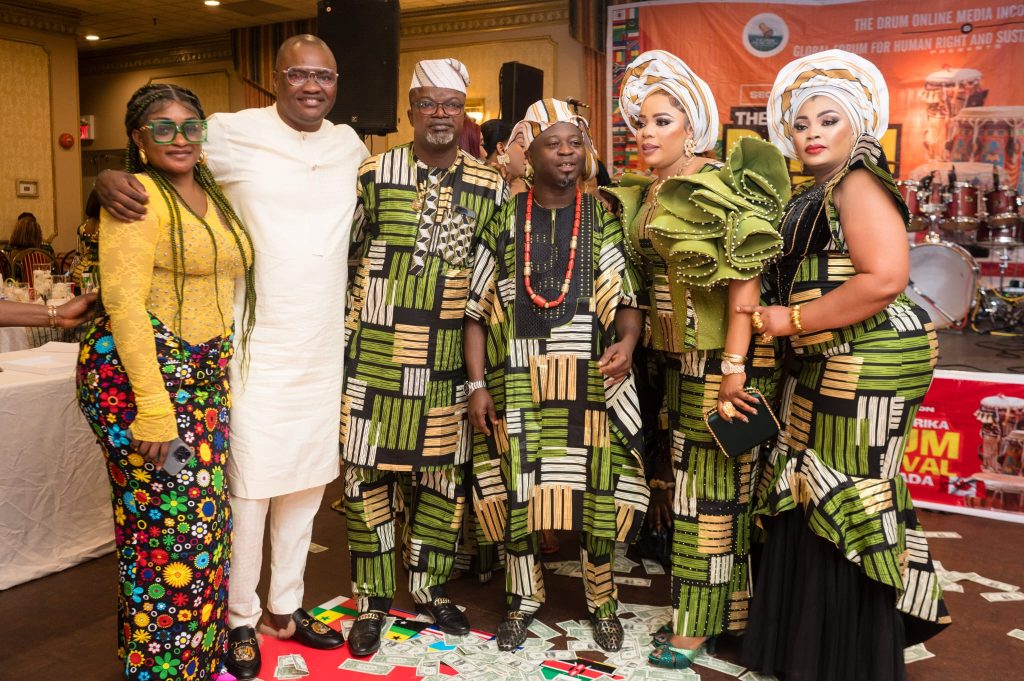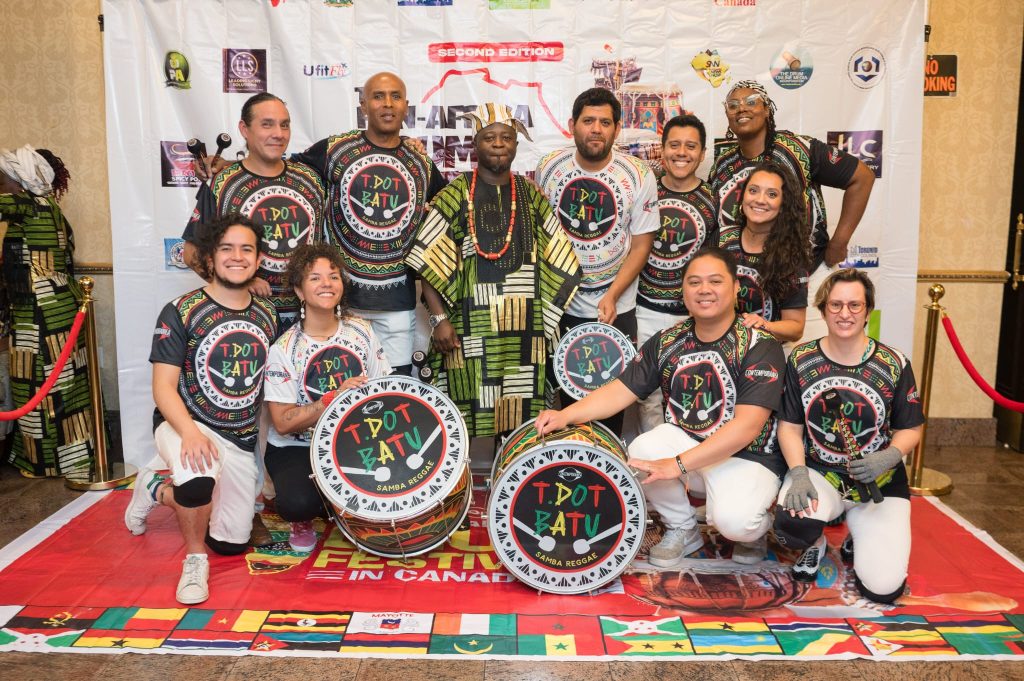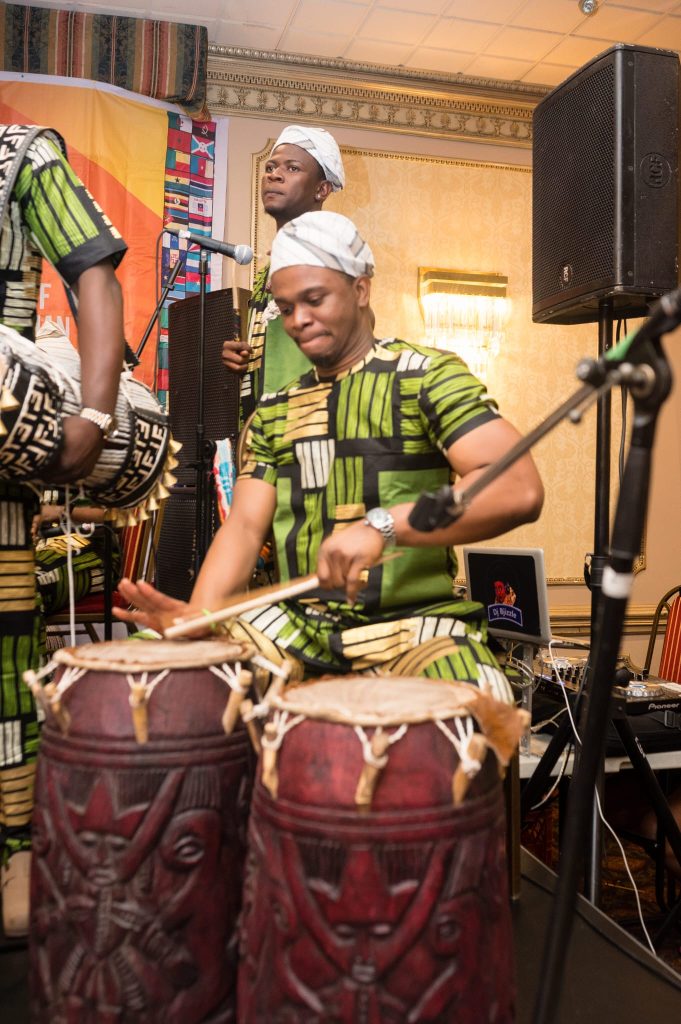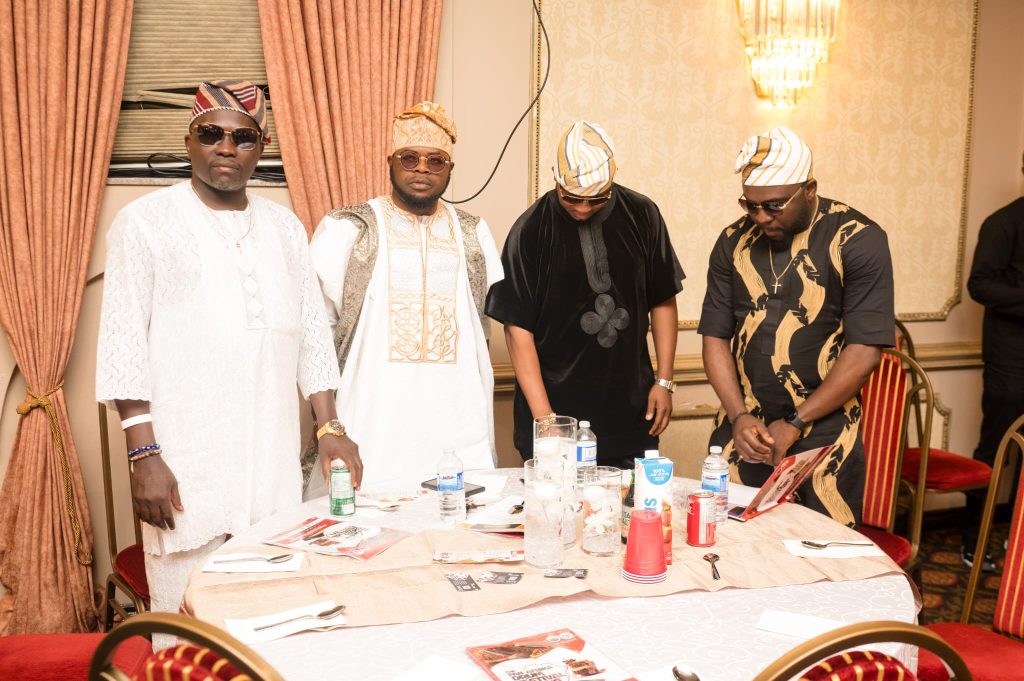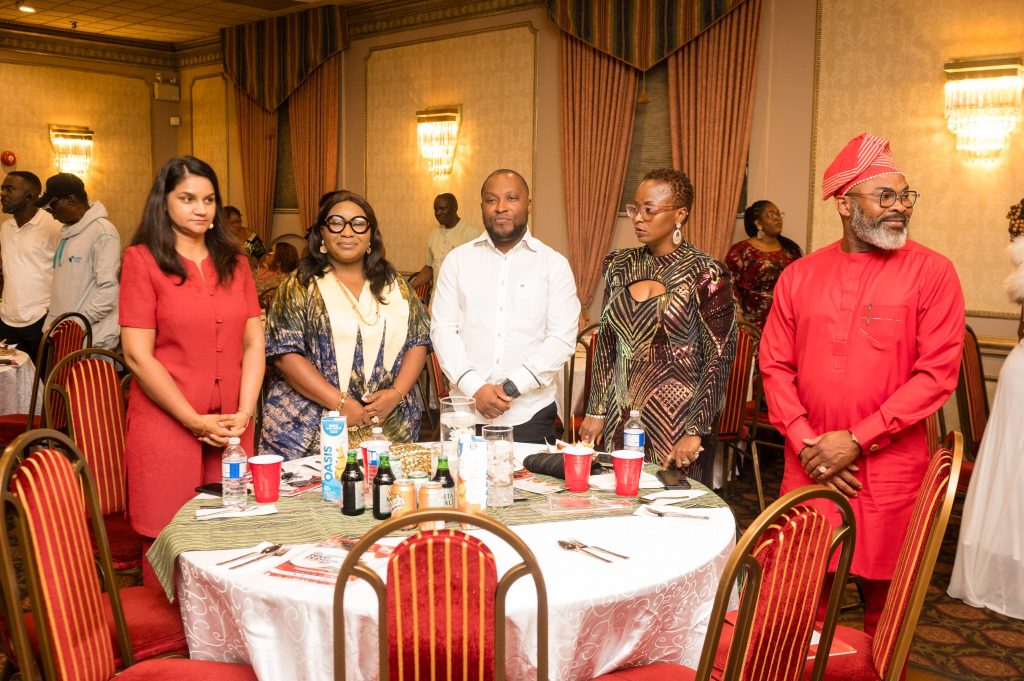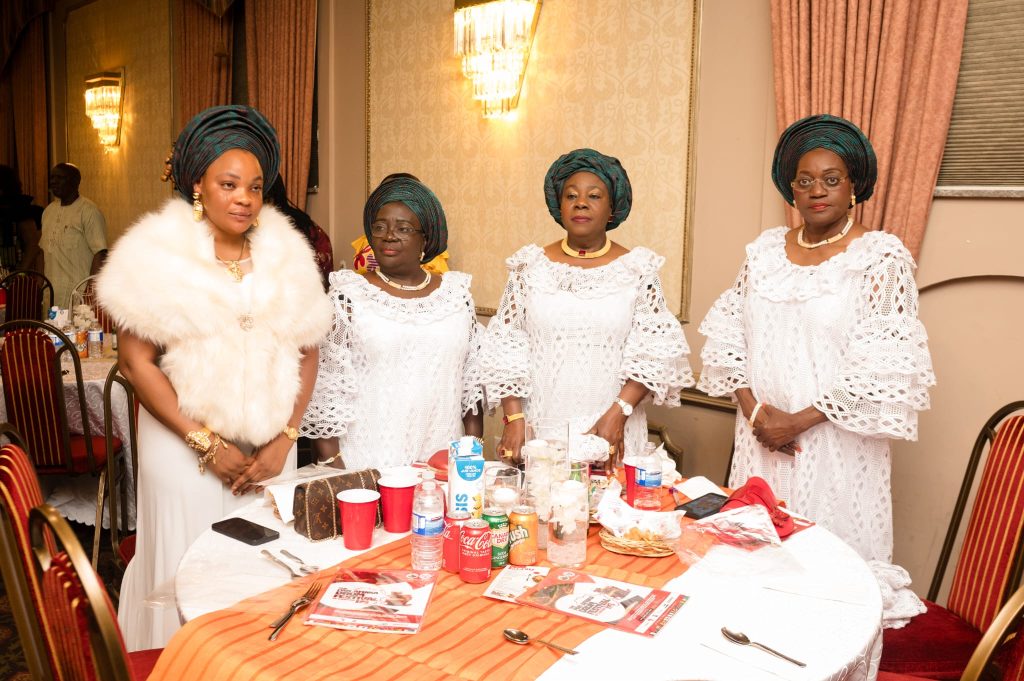
Celebrating Blacks And Harnessing Blacks’ Potentials For A Greater Globalized World, By Adekoya Ademola Afis
If there is any special month Blacks, all over the world, cherish and look forward to witnessing every year, it is, of course, the month of February – being the Black History Month. It is a month specially dedicated and set aside for recognizing and rewarding Africans Americans and Blacks generally for their significant impacts and contributions towards a better, congenial, stable and digitally inclusive planet. It is spectacular moment for celebrating peoples of African descent, not only in United States of America, but in every clime where blacks dwell and cohabit.
The Black History Month, also known as African American History Month, grew out of the “Negro History Week”, which was the brainchild of a prominent historian, Carter Woodson and other eminent African Americans. Since 1976, every U.S. President has officially recognized, identified and designated the month of February as Black History Month. But the momentous event for eulogizing peoples of African descent is not peculiar to U.S. as other premier democracies around the world, such as Canada and United Kingdom, also devote a month to celebrate Black history, accomplishments and natural beauty.
The origin of Black History Month dates back to 1915 following the passage of the Thirteenth Amendment which proved instrumental in the abolishment of the iniquitous slavery in the U.S. In September of that same year, the Harvard-trained historian, Carter Woodson and the prominent Minister, Jesse .E. Moorland founded the Association for the Study of Negro Life and History (ASNLH), an outfit dedicated to researching and fostering achievements by Black Americans and other peoples of African descent.
Recognized now as the Association for the Study of African American Life and History (ASALH), the body sponsored a national Negro History Week in 1976, selecting the second week of February to coincide with the birthdays of Abraham Lincoln and Frederick Douglass. The event dis spur schools and communities nationwide to organized local celebrations, establish history clubs and host performances and motivational lectures. With the passage of decades, mayors of cities across the U.S. began to issue yearly proclamations recognizing “Negro History Week”, and by late 1960, the Week had evolved into Black History Month on many ivory towers and college campuses. In 1976, President Gerald Ford officially recognized Black History Month, calling upon the public to “seize the opportunity to honor the too-often neglected accomplishments of Black Americans in every sphere of human endeavors throughout U.S. chequered history.�
Given the enduring and enchanting popularity that typifies the Black History Month across the globe, Global Forum for Human Rights and Sustainable Development proudly and heartily joins all lovers of Blacks and peoples of African descent in celebrating and marking the historic month. It is significant to note that this year’s theme “African Americans and the Arts” is quite symbolic, telling and most apposite, given the fact that The Drum Online Media Inc. – the pronto organization to Global Forum, is organizing the second edition of the Pan-Afrika Drum Festival in June, 2024 at Ontario, Canada. The prestigious annual cultural fiesta seeks to foster African arts and culture and rewards African journalists who have distinguished themselves in their own professional calling and domain.
As wont to, Global Forum for Human Rights and Sustainable Development is using this medium to joyfully identify with notable African Canadians who had and have continued to contribute significantly to nation-building efforts and overall societal development. One of such illustrious African Canadian personality is Lincoln Alexander Lincoln Alexander was born in Toronto in 1922 to Caribbean immigrant parents. When the Second World War began, Lincoln was too young to enlist. Instead, he went to work in a factory where anti-aircraft guns were being made. In 1942 joined the Royal Canadian Air Force, but because of his poor eyesight he was unable to take part in combat. Instead of being discouraged, Lincoln went on to train to be a wireless operator for the Royal Canadian Air Force. When the war was over, Lincoln enrolled in McMaster University, earned his degree, and then pursued his law degree from Osgoode Hall. In 1953, he joined the first interracial law firm in Canada. He later became the first Black Member of Parliament in 1968 and was appointed to the Cabinet. He was chosen to be the Lieutenant Governor of Ontario, making him the first Black Canadian to be in an official position representing the British Monarchy.
Another is Willie O’Ree – the first Black Hockey player in the National Hockey League.Willie O’Ree was born in Frederiction in 1935. He was the youngest of 13 children. His grandparents came to Canada through the Underground Railroad to escape slavery in the United States. When he was growing up there were only two other Black families in Frederiction. From an early age, Willie loved playing hockey and became involved in organized sport. As he grew older the “colour barrier’ was becoming more noticeable to him. He later moved to Quebec and then Ontario to play. When playing for the Kitchener Canucks, he was badly injured by a pick that hit his eye. Despite suffering 95% vision loss, Willie was determined to play for the NHL. He kept his injury secret because NHL rule states that players who are blind in one eye cannot play. In 1958, Willie became the first Black hockey player to play a game in the NHL. Despite experiences of racism, Willie continued to play and later became NHL’s Director of Youth as well as an ambassador for NHL Diversity. Willie O’Ree was recognized for his dedication and skill with the Order of New Brunswick and the Order of Canada. In 2018 he was inducted into the Hockey Hall of Fame.
Viola Desmond stands out as the first black woman top appear on Canadian currency. Viola Desmond was born in Halifax in 1914. Following in the footsteps of her hard-working parents, she became an independent businesswoman. She opened the Desmond School of Beauty Culture which gave training opportunities to Black Women to help them confidently open their own business. Viola is also known for the most public racialized case in Canada. In 1946, she was forcibly removed from a theatre for sitting in the “Whites Only” section. Viola was arrested and jailed. In 2010, the government issued an official apology to the late Viola Desmond for being wrongfully jailed and fined. In 2018 Viola Desmond was selected by the minister of Finance to appear on the Canadian 10-dollar bill.�
Jean Augustine was the first black woman to be lected to the House of Commons. Jean Augustine was born in Grenada in 1937. She came to Canada in 1960 through a nanny contract program. When her contract ended, she enrolled in Teachers College. Jean found her passion as an elementary school teacher and worked her way up to becoming a principal in Toronto’s public school system. Jean was also an activist in Toronto’s Caribbean communities. She volunteered in organizations to help bring awareness to immigrant and women’s rights, spoke out against violence against women, and about drug abuse and poverty. She was elected as a Member of Parliament in 1993, making her the first Black woman to be elected to the House of Commons. Jean Augustine was�responsible for the act designating February as Black History Month in Canada.
It is glaring from the list of a few distinguished and accomplished African Canadians that African minds are ingenuous, bold, intelligent and can contribute tremendously in transforming our 21st world for better if accorded requisite support and recognition.
Adekoya Ademola Afis is the Project Manager at Global Forum for Human Rights and Sustainable Development, Headquarters in Canada, with Branch Office in Nigeria.
